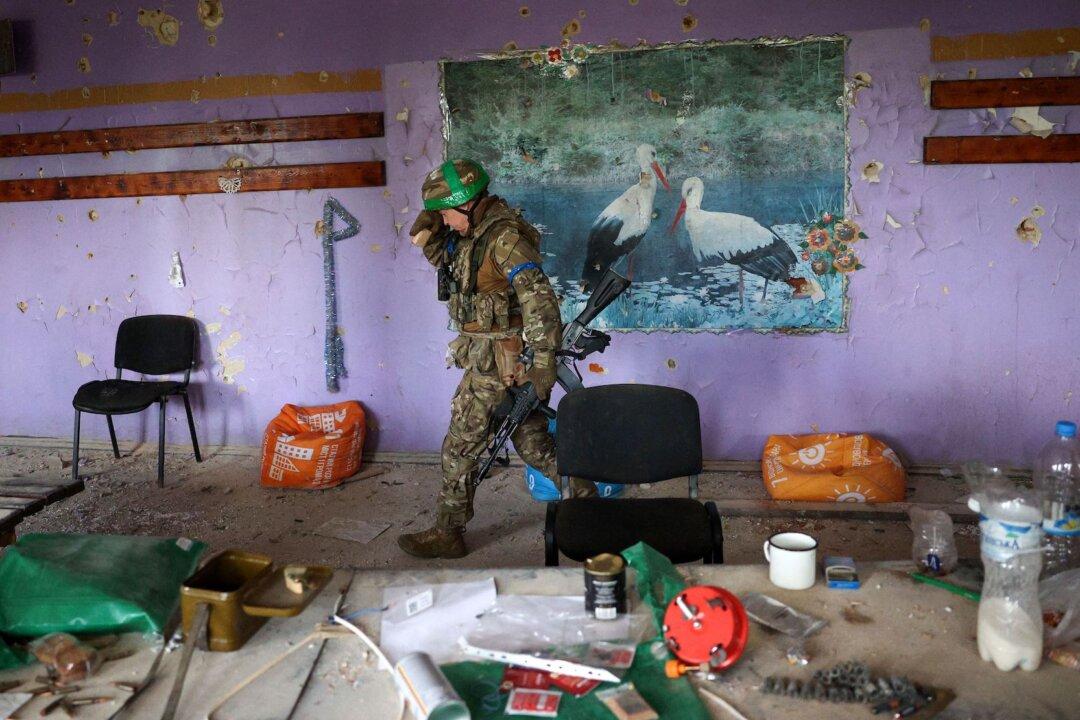Commentary
Wars beget such anxiety that those not involved in the fight for survival at the front engage in endless emotional torment and speculation.

Wars beget such anxiety that those not involved in the fight for survival at the front engage in endless emotional torment and speculation.